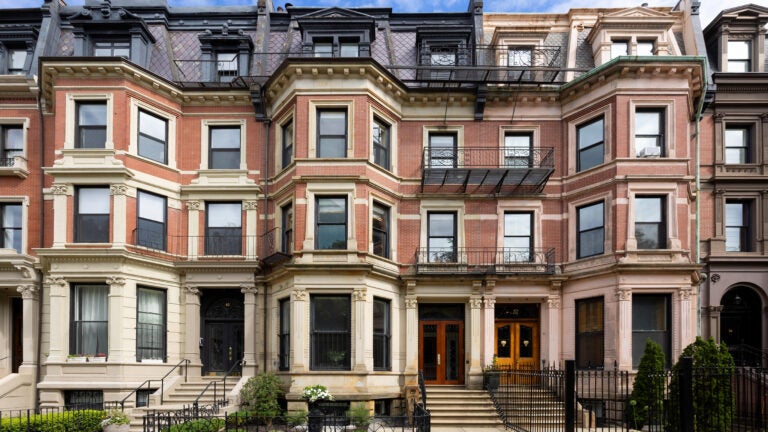N
ew York City's rent control policies have been criticized as overly restrictive, but Argentina offers a cautionary tale about what happens when they're abolished. In 2019, President Javier Milei implemented reforms that included ending rent control in Buenos Aires. The results were dramatic: supply increased by 170%, and rents fell by 40% since October. While some tenants saw their prices rise due to inflation, the city's housing market is now functioning more normally.
In New York City, a similar approach could have benefits. Rent-stabilized units often have lower rents than market-rate apartments in desirable neighborhoods. If rent stabilization ended, landlords would face competition from deregulated units and be incentivized to improve their properties. The state's good cause eviction law would still limit rent increases for existing tenants.
However, other reforms would be needed for the market to function properly. Restrictive zoning laws would need to be lifted, and wage floors that deter construction of larger buildings would have to be scrapped. Housing court would also need to be reformed to provide a more efficient and unbiased process for resolving disputes between tenants and landlords.
While ditching rent control in New York seems unthinkable, Argentina's experience suggests it's worth considering. The city's rental market is stuck due to the policy's winners and losers, but reversing it could lead to a more balanced market with better-managed buildings and lower rents.














